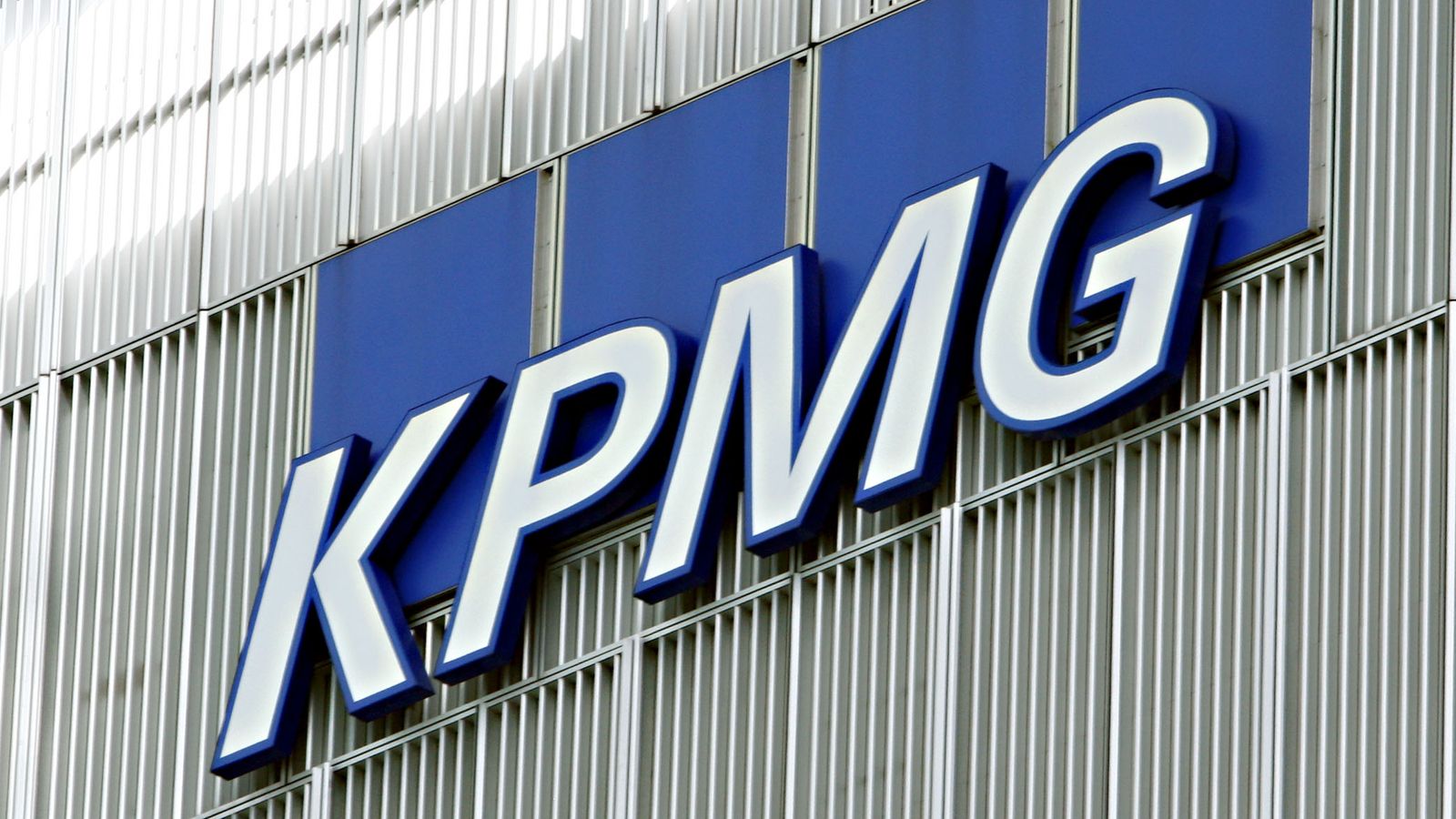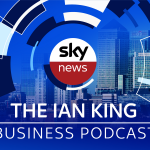The big four accountancy firm KPMG is to rebuild a unit to advise on corporate restructurings just months after selling the UK’s largest insolvency advisory business for more than £350m.
Sky News has learnt that KPMG has appointed David Fletcher, a veteran in the UK restructuring market, as an associate partner in its deal advisory team.
Mr Fletcher’s appointment has raised questions in the sector about whether KPMG plans to build a full-service competitor to other major accountancy firms and independent players.
The sale of its UK restructuring arm, which came after months of talks with prospective buyers, resulted in a bigger-than-expected windfall for KPMG.
Backed by the private equity firm HIG Europe, the unit has been named Interpath Advisory.
It was sold by KPMG in large part because of pressure on the big four auditors to eliminate potential conflicts of interest in the wake of a series of accounting scandals which rocked confidence in the profession.
KPMG was embroiled in many of these crises, and only last week was warned by the accountancy regulator that it faced a record fine of more than £15m for flaws in its work on the sale of Silentnight, the bed manufacturer, in 2011.
Mr Fletcher is not a licensed insolvency practitioner, and KPMG agreed a three-year non-compete deal with Interpath in the insolvency market, according to a person close to the recent sale.
However, insiders acknowledged that Mr Fletcher’s work in KPMG’s special situations team would include work with clients which are facing “some element of financial difficulty”.
A former BDO partner, Mr Fletcher most recently worked in a senior role at HSBC in its European loan management unit, according to his LinkedIn profile.
Mr Fletcher is said to have made it clear that he did not rule out rebuilding an insolvency team once the non-compete agreement expires, according to industry sources.
That is likely to raise questions about KPMG’s approach at a time when the Financial Reporting Council is paying particularly close attention to the work of the big four firms.
Deloitte also sold its UK restructuring arm, with Teneo, the corporate advisory group, acquiring it earlier this year.
EY and PricewaterhouseCoopers, by contrast, have shown little interest in offloading their units which work with financially troubled clients.
Prior to the sale of what has become Interpath, KPMG worked on some of the pandemic’s most prominent restructurings, including acting as administrator to the shopping centre giant Intu Properties and to parts of Arcadia Group, Sir Philip Green’s former high street empire.
All of the big four auditors have submitted plans to the Financial Reporting Council (FRC) demonstrating how they intend to “operationally separate” their audit and consulting arms during the next four years.
That push has come in the wake of accounting scandals at companies such as BHS and Carillion, which collapsed with the loss of tens of thousands of jobs.
KPMG was Carillion’s auditor prior to its demise, and is likely to face a hefty regulatory fine in the coming months as the Financial Reporting Council concludes its investigation.
Sky News revealed last week that KPMG had been served with a letter before action by the Official Receiver ahead of a damages claim expected to be worth £250m.
More stringent restrictions imposed by regulators mean restructuring teams in audit firms are now far more limited in the roles they can assume on corporate restructurings if the company has been audited by them in recent years.
KPMG has also grappled with a leadership crisis this year, with the UK chairman Bill Michael resigning after making a number of ill-judged comments on a call with colleagues.
He has been replaced as the UK firm’s boss by Jon Holt.
KPMG declined to comment on Wednesday.






















